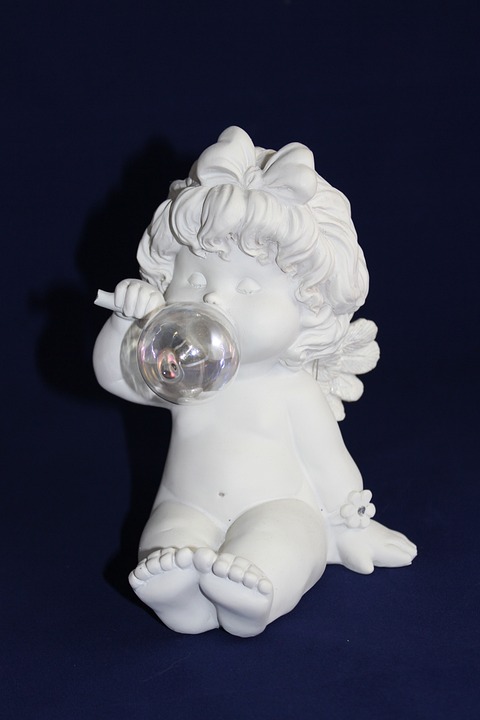Maintaining a clean and disease-free environment is crucial for the health and well-being of your fish. One essential tool that can greatly contribute to this is a disease-resistant sponge filter. In this article, we will explore the benefits of using these filters and answer some frequently asked questions to help you make informed decisions for your fish tank setup.
Filtration plays a crucial role in maintaining fish health. Proper filtration removes toxins, debris, and waste from the water, ensuring a clean and healthy environment for your aquatic pets. Diseases can have a significant impact on fish and their environment, leading to stress, illness, and even death. Disease prevention is vital to keep your fish in optimal health and reduce the risk of outbreaks in your tank.
Disease-resistant sponge filters are designed to provide effective filtration while also preventing the growth and spread of disease-causing pathogens. These filters are made from a porous sponge material that acts as a physical barrier, preventing pathogens from entering the water column and harming your fish.
Compared to other filtration systems, such as power filters and canister filters, disease-resistant sponge filters offer several benefits. Let’s explore some of these benefits in more detail:
1. Improved Water Quality: Sponge filters effectively remove debris and waste from the water, helping to maintain stable water parameters. This is essential for fish health, as fluctuations in water quality can cause stress and make fish more susceptible to diseases. Sponge filters also help reduce the risk of ammonia and nitrite spikes, which can be harmful to fish.
2. Gentle Yet Effective Filtration: The gentle water flow provided by sponge filters is ideal for delicate fish species and fry. Power filters and other systems may create strong water currents, which can stress or even injure small or fragile fish. Sponge filters provide a more gentle and natural flow, minimizing stress and ensuring the well-being of your fish.
3. Biological Filtration: Sponge filters play a crucial role in promoting biological filtration. The porous sponge material provides a surface for beneficial bacteria to colonize. These bacteria break down harmful ammonia and nitrite into less toxic substances, promoting a balanced and healthy aquarium ecosystem. By supporting biological filtration, disease-resistant sponge filters help maintain water quality and reduce the risk of diseases.
4. Mechanical Filtration: In addition to biological filtration, sponge filters also provide effective mechanical filtration. The sponge material captures and traps floating particles, excess food, debris, and uneaten matter, preventing them from circulating in the water and clouding the tank. Regular cleaning of the sponge filter ensures optimal performance and improves water clarity.
5. Disease Prevention and Quarantine: Disease-resistant sponge filters are specifically designed to reduce the risk of infections. The sponge material acts as a physical barrier, preventing pathogens from entering the water column and infecting your fish. These filters are also useful for isolating and treating sick fish. By using separate sponge filters in quarantine tanks, you can limit the spread of pathogens and provide a safe environment for treatment.
Now, let’s address some common questions about disease-resistant sponge filters:
1. Can I use sponge filters in a saltwater aquarium? Yes, sponge filters can be used in both freshwater and saltwater aquariums. They are compatible with a wide range of setups and provide effective filtration in any aquatic environment.
2. How often should I clean my sponge filter? Regular maintenance is essential to ensure optimal performance. It is recommended to clean the sponge filter every 2-4 weeks, depending on the fish load and water conditions. Cleaning involves rinsing the sponge in dechlorinated water to remove debris and buildup.
3. Can I use a sponge filter as the sole filtration system in my tank? While sponge filters provide effective filtration, they may not be sufficient as the sole filtration system in larger or heavily stocked tanks. It is recommended to use sponge filters in conjunction with other filtration systems, such as power filters or canister filters, to ensure adequate water circulation and filtration.
4. Do sponge filters require an air pump? Yes, most sponge filters require an air pump to create the necessary water flow. The air pump generates bubbles that draw water through the sponge, providing both mechanical and biological filtration. Some sponge filters have built-in air stones or powerheads for added convenience.
5. Can I use disease-resistant sponge filters in a planted aquarium? Yes, disease-resistant sponge filters are compatible with planted aquariums. They provide gentle filtration without disturbing the plants or uprooting them. However, it is essential to place the sponge filter in an area where it doesn’t block light or hinder the growth of the plants.
6. Can I use sponge filters in conjunction with other filtration systems? Absolutely! Combining different filtration systems can provide enhanced filtration and water quality. Sponge filters can be used as supplementary filters or as primary filters in smaller tanks. They work well in conjunction with power filters or canister filters to provide a comprehensive filtration system.
7. How long does a disease-resistant sponge filter last? With proper maintenance and cleaning, a disease-resistant sponge filter can last for several years. The sponge material is durable and can withstand regular use. It is recommended to replace the sponge every 6-12 months, depending on its condition and performance.
In conclusion, disease-resistant sponge filters offer numerous benefits for maintaining fish health and a clean aquarium environment. These filters provide improved water quality, gentle yet effective filtration, support biological and mechanical processes, and aid in disease prevention and quarantine. By choosing the right sponge filter for your specific needs and following proper maintenance guidelines, you can provide your fish with a clean and healthy habitat. Invest in disease-resistant sponge filters and give your fish the best possible care they deserve.









